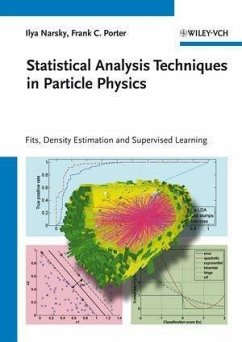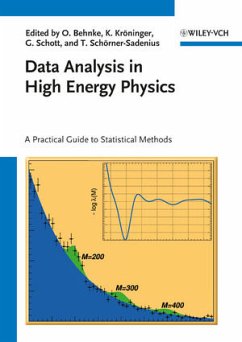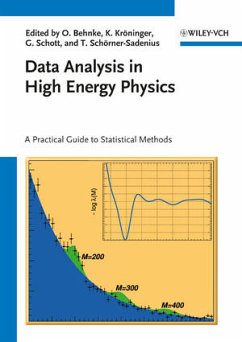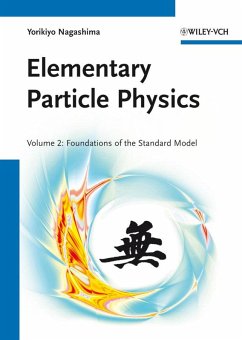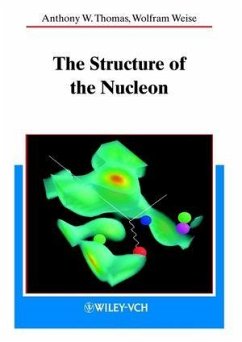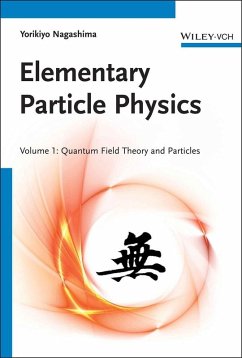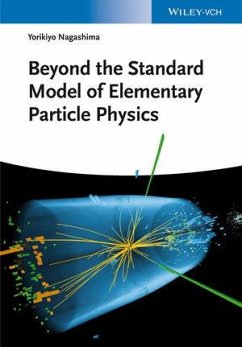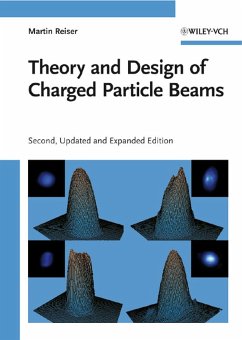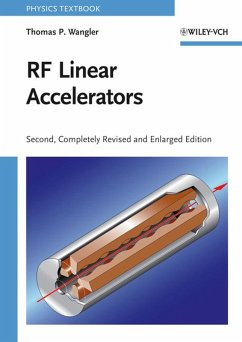
Statistical Analysis Techniques in Particle Physics (eBook, PDF)
Fits, Density Estimation and Supervised Learning

PAYBACK Punkte
0 °P sammeln!
The first book written specifically with physicists in mind on analysis techniques in particle physics with an emphasis on machine learning techniques. Based on lectures given by the authors at Stanford and Caltech, this practical approach shows by means of analysis examples how observables are extracted from data, how signal and background are estimated, and how accurate error estimates are obtained exploiting uni- and multivariate analysis techniques, such as non-parametric density estimation, likelihood fits, neural networks, support vector machines, decision trees, and ensembles of classif...
The first book written specifically with physicists in mind on analysis techniques in particle physics with an emphasis on machine learning techniques. Based on lectures given by the authors at Stanford and Caltech, this practical approach shows by means of analysis examples how observables are extracted from data, how signal and background are estimated, and how accurate error estimates are obtained exploiting uni- and multivariate analysis techniques, such as non-parametric density estimation, likelihood fits, neural networks, support vector machines, decision trees, and ensembles of classifiers. It includes simple code snippets that run on popular software suites such as Root and Matlab, and either include the codes for generating data or make use of publically available data that can be downloaded from the Web. Primarily aimed at master and very advanced undergraduate students, this text is also intended for study and research.
Dieser Download kann aus rechtlichen Gründen nur mit Rechnungsadresse in D ausgeliefert werden.




